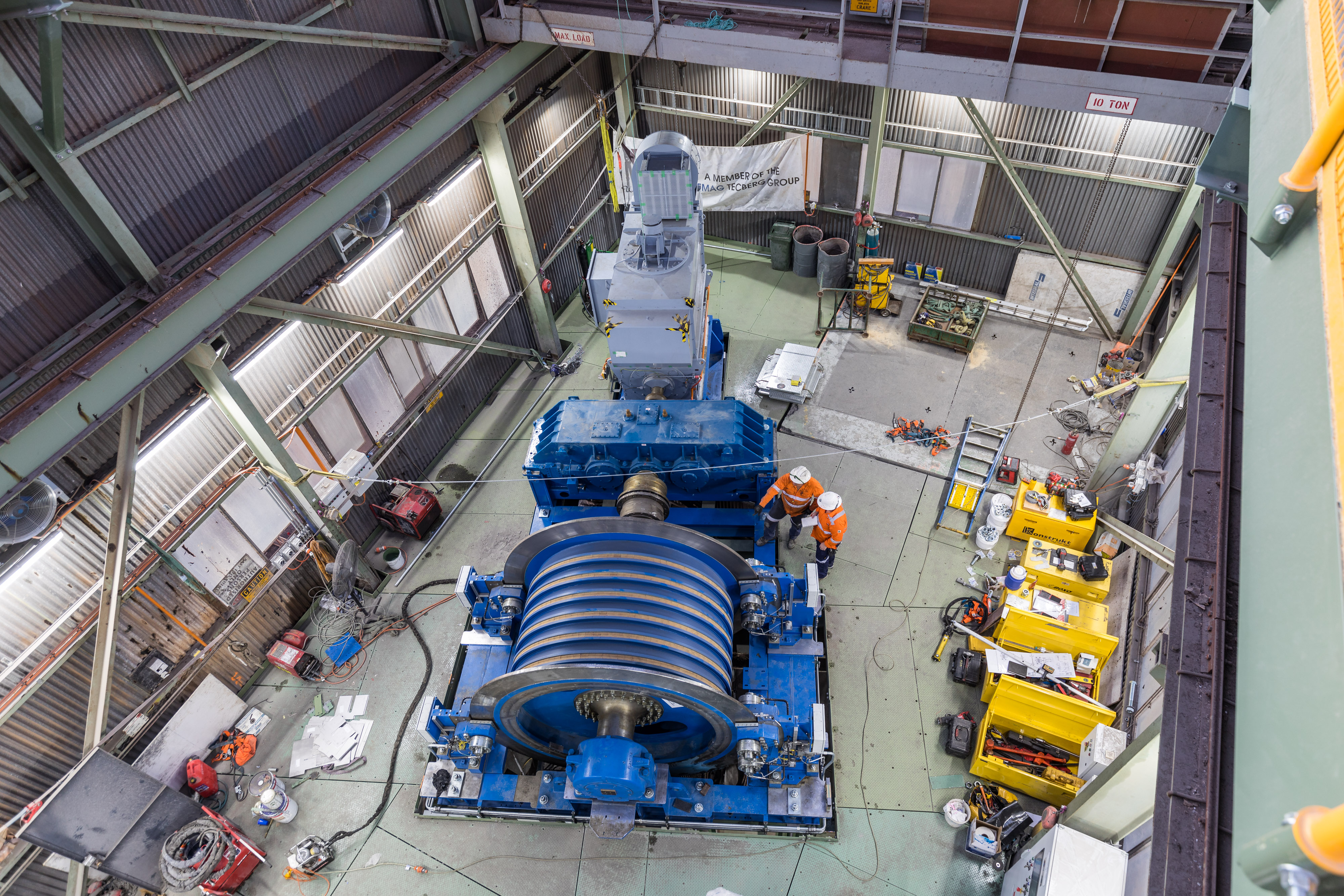Details
Information & Course
With the assistance of interactive simulations, 3D animations, and a wealth of case studies, you will understand the ‘science’ of infrared thermography and how the camera functions (and thus how to collect good data the first time). You will learn about the mechanical and electrical failure modes of plant equipment so that you can accurately and confidently detect and diagnose a wide range of fault conditions. Throughout the course you will participate in practical exercises so you may put what you have just learned into practice.
Course Description
Duration:
4 days including optional extra 2-hour certification exam
Example Hours:
Training Days 1-3: 8.00am to 5.00pm
Training Day 4: 8.00am to 11.00am
Exam Day 4: 11.00am to 1.00pm
Format:
Classroom learning
Optional Extra:
AINDT Certification examination, 2 hours, 75% passing grade, 60 multiple choice questions.
Compliance:
Follows ISO 18436-7 and Certification ISO 18436-1, ISO/IEC 17024, Training ISO 18436-3.
Certification Prerequisite:
Prior experience is not required for attending the training course, but 12 months of verified experience is required for certification. Candidates must pass the Ishihara colour perception test.
Outcome:
You will come away from the course with the knowledge and confidence to be successful as an infrared thermographer. With a good understanding of thermography fundamentals, you will be competent in quality data acquisition and diagnosing common faults.
Certification is valid for 5 years.
Course Includes
· 3.5-day classroom training
· Course notes/manual
· Lunches and refreshments
· Interactive assessments during the course
· Certificate of completion
Optional Extra Exam: 2-hour AINDT Certification exam, 75% passing grade, 60 multiple-choice questions
Course Summary
Maintenance practices
· Reactive, preventive, condition-based, proactive
· How to decide between them
Condition monitoring
· Why it works
· Vibration, ultrasound, oil analysis, wear particle analysis, and electric moto testing
· Detecting faults, root causes, and quality control
Principles of infrared thermography
· Understanding the difference between heat energy and temperature
· The laws of thermodynamics
· Heat transfer modes – conduction, convection and radiation
· The thermal capacity of different materials
Thermal conduction
· The fundamentals of conduction
· Conductive heat transfer rate
· Thermal conductivity of different materials
Thermal convection
· The fundamentals of convection
· Compensating for the “wind cooling effect”
Thermal radiation
· The fundamentals of radiation
· Emitted, reflected and transmitted radiation.
· Radiation wavelengths and the electromagnetic spectrum
· Emissivity and the Stefan-Boltzmann Law
· Incident and exitant radiation
Equipment and data acquisition
· Understanding the infrared camera
· Lenses and lens materials
· Capturing and controlling the image with temperature range, level and span
· Colour palette selection.
· Error source recognition, prevention and control
· Calibrating the thermal camera
· Environmental and operational conditions
· Image storage and management
Safety rules and guidelines
· Hazard awareness
· Standards and guides
· Personal Protective Equipment (PPE)
Thermographic applications
· The basic principles of diagnostics (ISO 13379) and prognostics (ISO 13381)
· Machinery engineering principles
· Electrical application – fuses, transformers, switchgear, transmission lines
· Mechanical application – pipes, tanks, refractories, heat exchangers etc
· Civil applications – windows, air leaks, construction integrity etc
· Process applications – steam traps.
General image interpretation guidelines
· Image processing
· Fault Classification
Report generation
· Providing actionable information
Register Your Interest
Assess. Align. Perform.


